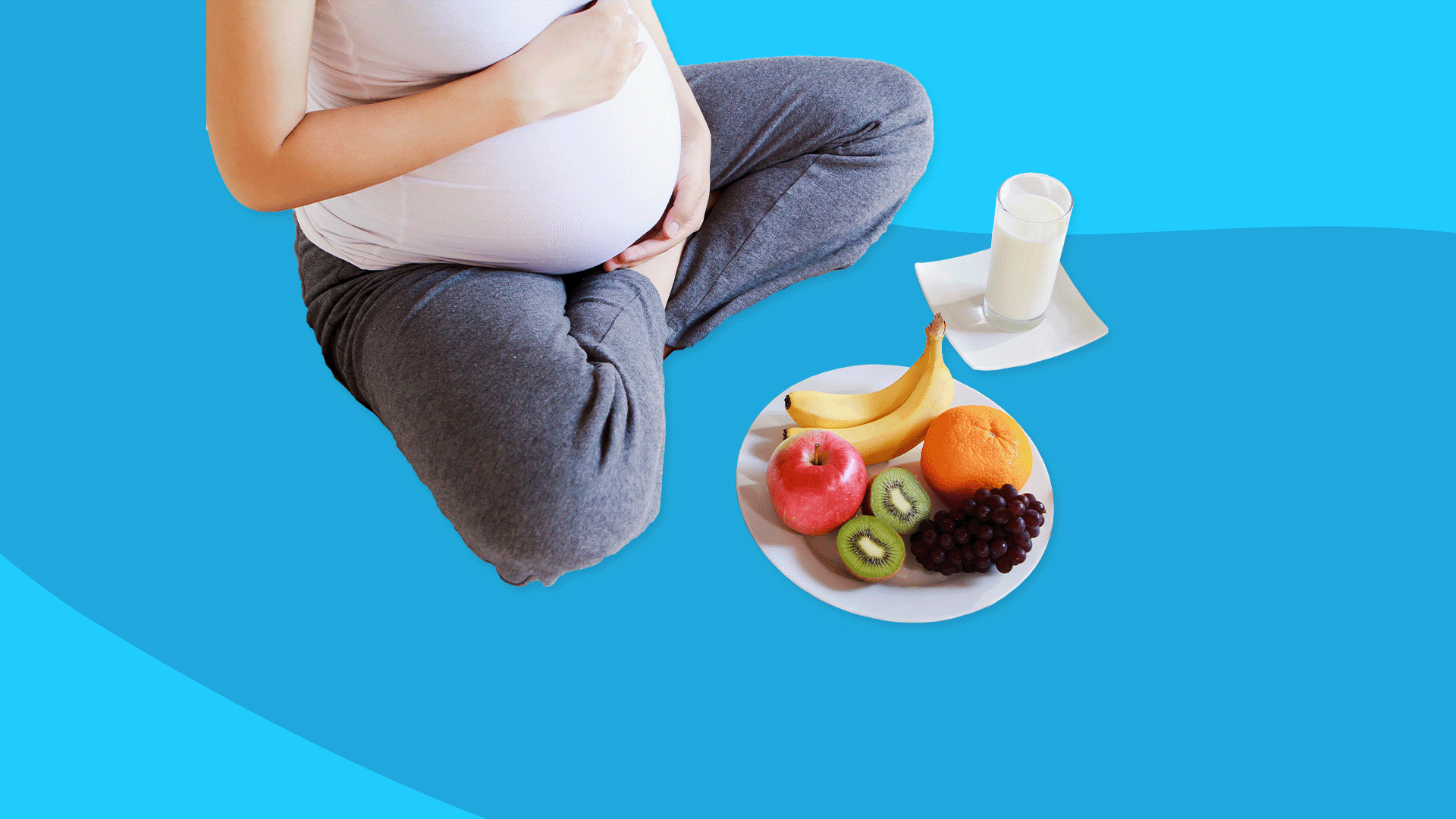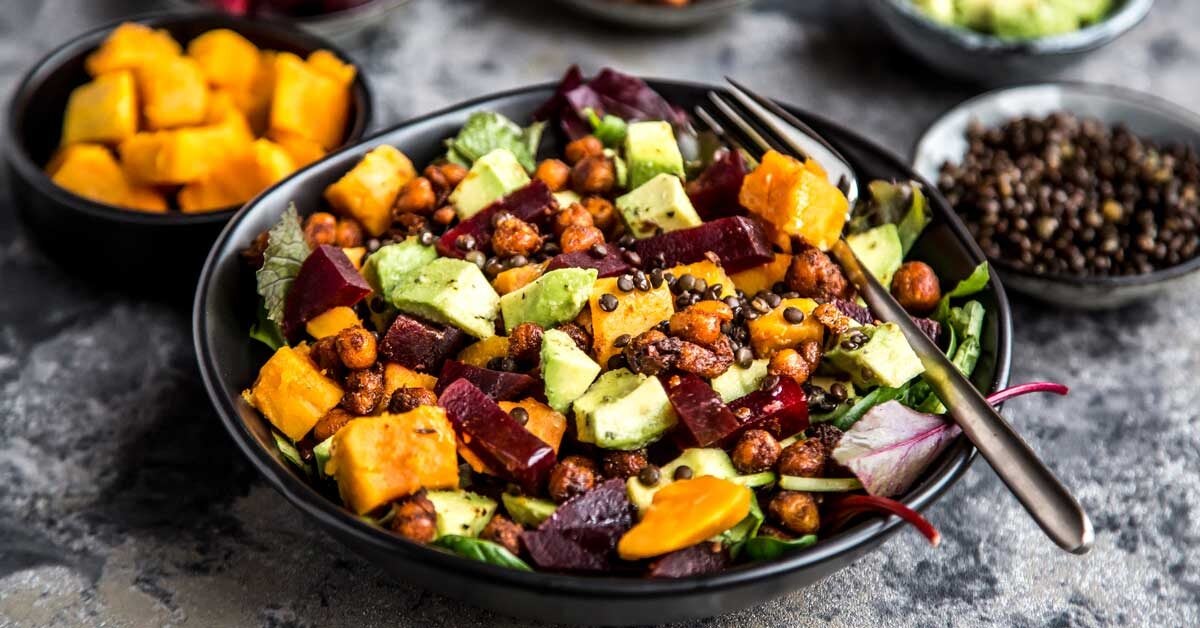6 Health Benefits of Giving Up Fried Foods
Trans fats and high calories in fried foods increase the risk of obesity, heart disease, and diabetes.
Giving up fried foods helps you lose unnecessary weight and improves heart health.
Giving up fried foods improves your digestive system and makes your skin healthy and glowing.
Recently, people are increasingly reluctant to compromise on their taste. It is difficult to resist when you see stalls of various delicious fried foods in the market. When you want to eat something spicy, spicy, or hot at home, fried foods like samosas, pakodas, chips, and French fries are the ones of choice.
These fried foods have become an integral part of our daily lives. However, scientific studies have provided a lot of evidence about their negative health effects. For example, fried foods contain trans fats, saturated fats, and high calories, which increase problems like obesity, heart disease, and diabetes.
If we completely eliminate these foods from our diet, positive changes occur in the body, which improves mental and physical health and also keeps the skin healthy.
1. Unnecessary weight loss
Fried foods are high in fat, which accumulates unnecessary calories in the body and increases weight. These foods are full of high calories and trans fats, which increase the risk of obesity. If fried foods are regularly avoided, calorie intake decreases. The body starts using the stored fat as energy. This also reduces other problems related to obesity, such as joint pain and fatigue.
2. Reduced risk of heart disease
Fried foods are rich in trans fats and saturated fats, which increase bad cholesterol in the body and reduce good cholesterol. This increases the risk of high blood pressure, obesity and heart disease. If fried foods are completely eliminated, heart health improves, which reduces the risk of heart attack, stroke and heart failure.
3. Relieves oxidative stress
Fried/fried foods accumulate unhealthy fats and oxidative compounds in the body, which damage cells and increase stress. This increases the risk of diseases such as diabetes, cancer and arthritis. Fried foods cause obesity, heart disease, type 2 diabetes and intestinal problems. When these foods are avoided, the body's damaged cell repair process is better.
4. Improves the digestive system
Fried foods are difficult to digest, which leads to acidity, constipation, gas and intestinal problems. According to the Cleveland Clinic, these foods increase reflux and bloating. Fried foods cause discomfort to those with irritable bowel syndrome or acid reflux. When these foods are avoided, the digestive system functions better, nutrients are absorbed better and the balance of intestinal bacteria is improved. This leads to overall health benefits, such as improving mood when you give up fast food.
5. Healthy and glowing skin
Many fried foods increase acne, rashes and oily skin problems. They also show signs of premature aging. When you give up fried foods, the natural glow of the skin returns and the effects of aging appear later. This also increases confidence.
6. Reduces the risk of diabetes and improves lipid profile
Fried foods are high in unsaturated and trans fats, which negatively affect blood lipid levels and increase the risk of diabetes. Fried foods increase the risk of heart disease, stroke and premature death. When their intake is reduced, the lipid profile improves, blood sugar levels are controlled and the risk of diabetes decreases. Regular consumption of fried foods increases the risk of chronic diseases, but when you give up, the risk of heart disease and diabetes decreases.








